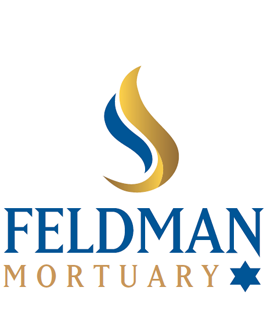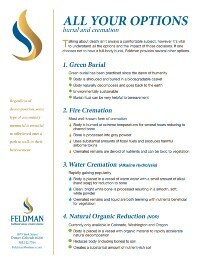We're here for you 24/7/365
Call Now (303) 322-7764
Immediate Need? Available 24/7
What To Know When Choosing Cremation
It's an intensely personal decision. Your choice of how to manage the body is one that should be discussed with the family in accordance with the wishes of the deceased. Cremation is an option for many people, for various reasons. Just as with traditional burial services, it offers the opportunity for a memorial service.
Questions around cremation are common, in particular about how cremation relates to Jewish burial traditions.
Is cremation allowed in Jewish Tradition?
It's a simple question with a complicated answer. Any discussion around cremation and Judaism is dangerous ground for a Jewish funeral home. Based on long consultation with members of the Denver community—followers of many faiths— we offer our perspective:
Jewish burial practices are based on the idea of kavod, or respect. In this context, the burial process is in accordance with kavod ha’ met, respecting and honoring the body. One of the rabbis of our local Chevra Kaddisha, Rabbi Edward Shapiro, explains it this way. “We were not created in the hour or hour and half it takes to cremate a body, but rather it is a natural process of creation that took nine months. That is what is proper and natural.”
While anything other than burial is technically allowed or encouraged, other options have been chosen by some of our Denver Jewish community members. We believe those families should be served with the same compassion and sincerity by the Jewish funeral home and their Jewish clergy. New methods, such as body composting and water cremation are much gentler on the body and are done with great respect.
Feldman Mortuary can help you contact clergy of various movements in our tradition who will officiate at memorial services where an alternative to burial is chosen.
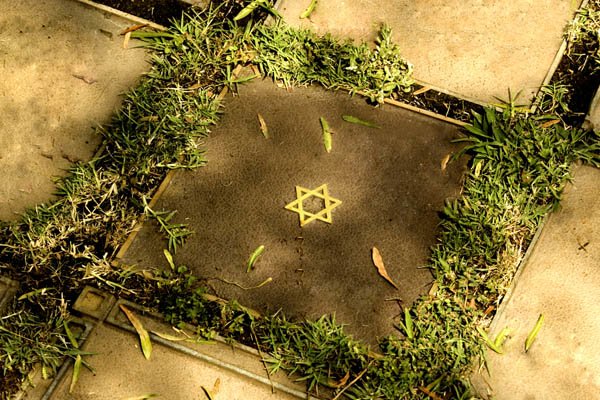
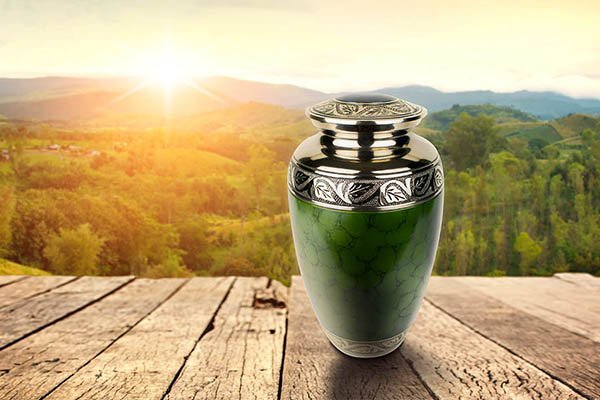
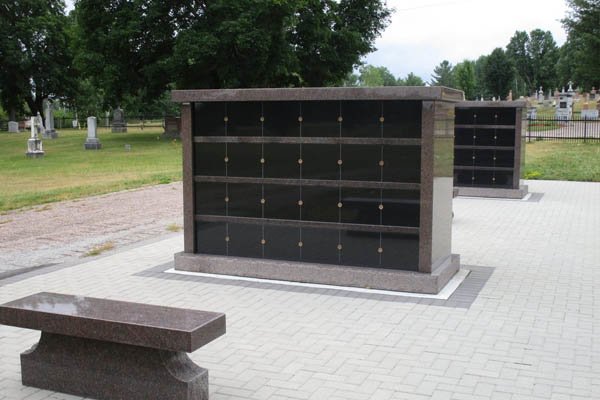
Does Feldman Mortuary Offer Cremation Services?
Yes. We feel it is important to support all the families of our Denver Jewish community and families across the Denver metro area without judgment of their decisions.
Our dedication to treating the body with respect is absolute. We offer several new options in addition to fire cremation. These greener options include water cremation and body composting, which gently reduce the body to nutrient-rich organic material that is safe for the environment.
We discuss, educate and inform our families about these options, while taking the time to understand this final decision. We encourage families to use local rabbis, the internet, responsa (Jewish literature on the subject) and commentary from various movements to make an informed choice. Below are links to articles and discussion about Judaism and alternatives to burial.
Please visit our FAQs for answers to frequently asked questions.
Water Cremation (Alkaline Hydrolysis)
Respect for the environment and the human body can continue even after we’re gone. Water cremation is a quickly growing method of cremation that offers a cleaner and greener method of body disposal.
Using warm water and a gentle alkali solution like that in liquid soap to break down the body inside a pressurized chamber, water cremation takes just a few hours, but it is much less energy-intensive and easier on the body than fire cremation. The remains become both a nontoxic liquid suitable for watering gardens or trees, and “ashes” similar to those from fire cremation, with the added benefit of retaining their essential nutrients and being processed to a bright, fluffy, flour-like material.
Water cremation is rapidly becoming one of the most popular options for those who forgo full-body burial.
Body Composting (NOR)
Natural organic reduction is one of the newest methods of disposal available in Colorado and offers another option for a more green and gentle way to reduce the body.
With natural organic reduction, the body is wrapped in straw, hay or other natural materials, promoting decomposition over the course of several weeks. Since decomposition occurs over a longer timeframe and through organic materials, NOR can be considered more respectful to the body. It also consumes a fraction of the energy of fire cremation while releasing virtually no toxins into the environment.
What’s left is nutrient-rich, environmentally-safe soil that can be used in flower beds or scattered to nurture a young tree—offering a more natural way to return to the earth to continue the cycle of life.
Additional Resources
Cremation a Jewish Perspective, JCANA Forum
What is Reform Judaism's position on cremation
Why does Jewish law forbid cremation?
The Great Cremation Debate | Environment | Religion Dispatches
Extra Placeholder, pls remove.
Find An Obituary
See current services
Why Choose Feldman?
Who we are and what we believe
"Your kind and gentle way of working with families at a most difficult time is very comforting. Thank you,"
- Bonnie and Lou

Contact Us
The death of a loved one is among the most difficult circumstances any of us will face. We’re here to help you through this challenging time. With compassion and deep experience, we’ll help you make informed choices and guide you through the many details of preparing for a funeral service or celebration of life.
If a death has occurred, call us at (303) 322-7764, or 855-670-2263 anytime, day or night.
For preplanning and other longer-term needs, please contact Jamie Sarche [sar-shay] either by her email address below or by calling the office during regular business hours.
Contact:
Information: director@feldmanmortuary.com
Pre-planning: jamie@feldmanmortuary.com
